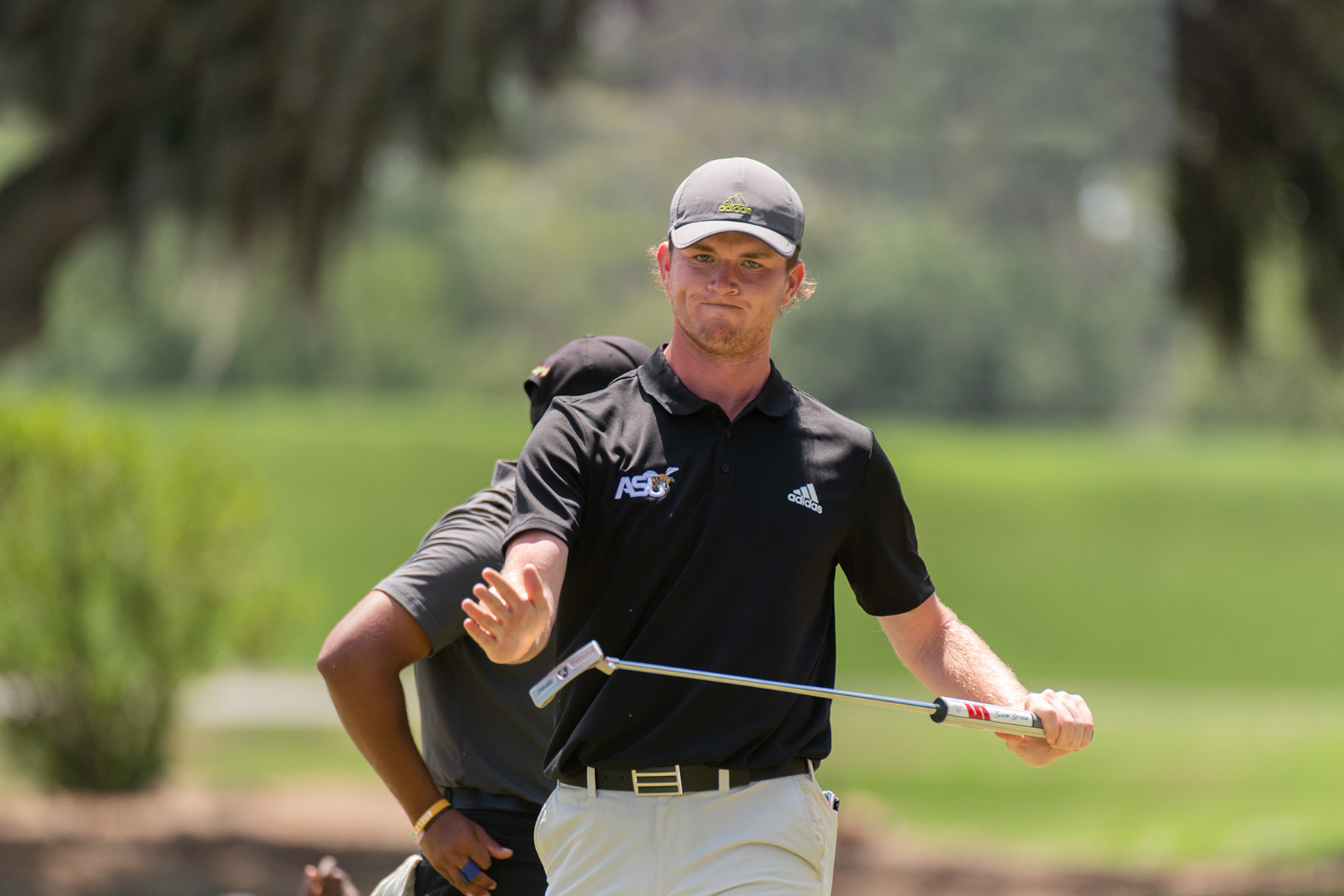ask & answer
Parent’s Guide: Being Mindful of the Mental and Emotional Side of the Game
By Brendon Elliott, PGA
Published on

In golf, mental and emotional skill development is just as, if not more, important than the development of technical skills.
This is a topic that has come to the forefront more and more in recent months and rightfully so. It is not as easy as it seems to some to control the emotional side of the game while balancing the mental grind required to be a top competitor.
In a game that is as singular as golf, with no teammates to lean on, golf puts an overwhelming emphasis on an individual’s strengths and weaknesses as it pertains to the mental game. That can take a toll, at any level and at any age.
With these thoughts in mind, go ahead and slide a 12, 13, or 14-year-old into this scenario. At a time when kids are really trying to find themselves and with everything that goes with being a pre-teen or teenager, golf can potentially be a challenge from the standpoint of the mental and emotional factors that go into playing competitively. Like the masses that love the game understand however, golf can teach so very much about life and that is especially powerful when it comes to our youth.
One of the five principles of the American Development model is the need for having quality coaching at all levels. A quality coach is very cognizant of the need for developing a young golfer's mind in a positive way just as much as they are of having them put their hands on the club correctly.
Making sure that you have a PGA Coach working with your son or daughter that understands the emotional and mental challenges that exist with playing the game at a higher level is critical. A coach that cares about their student, not just as a golfer, but in general, is invested in their overall wellbeing.
They understand that if their students are struggling with things such as school, relationships with friends, etc., that will filter down into their ability to perform on the golf course. This is what being a coach is really all about.
The emotional and mental aspects of sport have become a topic of conversation in recent months…and that does not exclude golf. PGA Tour stars like Matthew Wolff and Rory McIlroy, along with many others, have talked very openly about this topic and their personal experiences and struggles with it. The following episode of the Local Knowledge Podcast is really worth the listen if you are a parent of a young golfer (or any other young athlete).
I’ll leave you with two quotes, both from the late Payne Stewart, that indirectly deal with the issues discussed today. I refer back to these often for me personally, but will absolutely be dusting them off more and more to share with students…
“I don’t think it’s healthy to take yourself too seriously.”“A bad attitude is worse than a bad swing.”